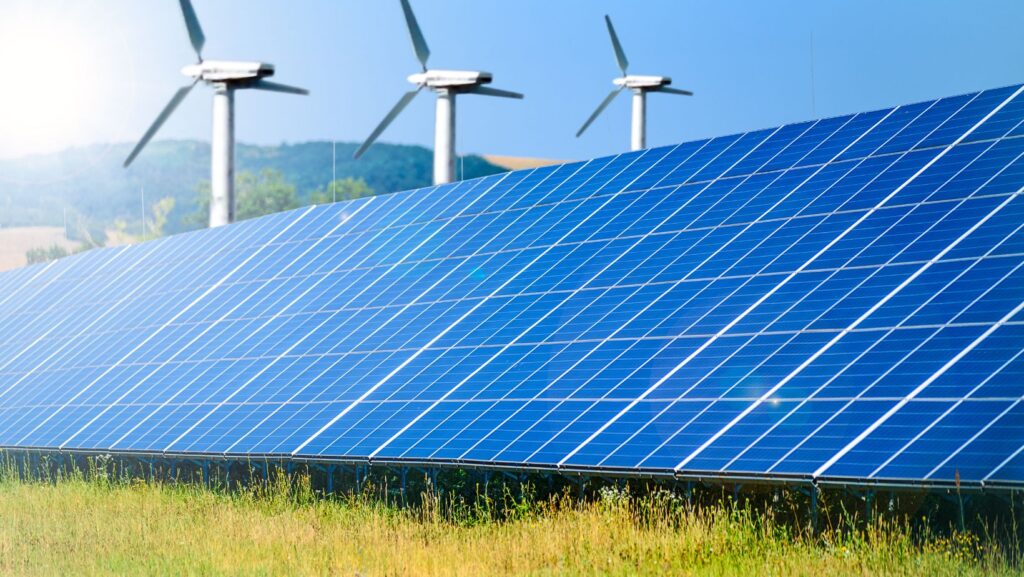Living sustainably may sound complex, but it’s not. You can take small steps to help the planet; these changes make a big difference over time. Using less energy and creating less waste at home is more accessible. Here are practical ways to build a sustainable environment and adopt clean energy right where you live.
Save Energy Every Day
Electricity is part of daily life, but it often goes to waste. Start by turning off lights and appliances when you don’t need them. Use energy-saving light bulbs. They use less electricity and last longer than regular bulbs. Unplug devices like chargers, microwaves, and televisions when not in use. Even when turned off, they can still use energy, which adds to your bills. In hot weather, use fans instead of air conditioners. They cool the room without consuming too much power. Open windows for fresh air and natural cooling. In cold months, close windows to keep the heat inside.
Switch to Renewable Energy
Consider switching to clean energy. Solar panels are an excellent choice for homes. They use the sun to make electricity. If you can’t install solar panels, check with your power company to see if they have green energy options. A lot of companies now sell power from stuff like wind and sun. If you can swing it, get some solar-powered things for your home. Like solar lights for your yard, they use less power and reduce waste. You can also get solar chargers for your phone and other gadgets.
Save Water Smartly
Cutting down on water use is a big part of living in a good way for the planet. Quickly fix any leaks you find. A leaky faucet can waste a lot of water over time. Turn off the tap when you’re brushing your teeth. Wash your car with a bucket instead of letting the hose do all the work. This way, you’re only using what you need. Put in water-saving gadgets like low-flow showerheads. They use less water but still keep your shower feeling good. You can also use water from cooking to water your plants. If you’ve got a garden, water it in the morning or evening to keep water from evaporating too fast. Making this small switch can help your plants grow with less water.
Reduce Waste at Home
Reducing waste starts with minor changes. Use reusable bags when you go shopping. Avoid single-use plastics, such as water bottles and plastic straws. Instead, switch to reusable water bottles and metal straws.

Separate your waste into recycling bins. Many items, like paper, glass, and certain plastics, can be recycled, reducing the amount of waste that goes to landfills. Composting is another way to reduce waste. Food scraps and garden waste can become compost, enriching the soil in your garden and reducing the amount of organic waste you throw away.
Try to buy only what you need. Less consumption means less waste. Repair broken items instead of replacing them right away. You can even donate old clothes or furniture instead of throwing them out.
Use Natural Cleaning Products
Many cleaning products contain chemicals that harm the environment. You can replace them with natural cleaners that are safe for your home and the planet. Vinegar and baking soda are excellent natural cleaners. Use vinegar to clean glass surfaces and baking soda to remove stains. Lemon juice works well to clean greasy surfaces. These ingredients are cheap, safe, and eco-friendly.
Look for eco-friendly products when you shop. Are you a gamer? Try an eco-friendly online casino in Canada.
Grow Plants at Home
Plants improve air quality and create a healthy environment. They remove pollutants and produce oxygen. Start with easy-to-care-for plants like aloe vera or snake plants. They grow well indoors and need little water. If you have space, plant a small garden. Herbs, vegetables, and flowers are easy to grow. Gardening helps you connect with nature, and you can eat what you produce, reducing your trips to the grocery store.
Involve Your Family
Sustainable living works best when everyone gets involved. Teach children about saving energy and water. Show them how to recycle and grow plants.

Make sustainability fun. Turn off-screen time into outdoor activities like gardening or nature walks. Set goals for reducing waste and celebrate when you reach them. Involving your family makes these habits easier to maintain. Over time, they become part of your everyday life.
